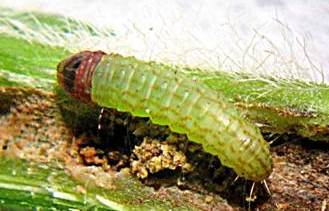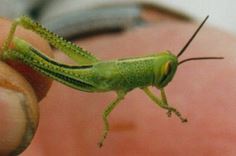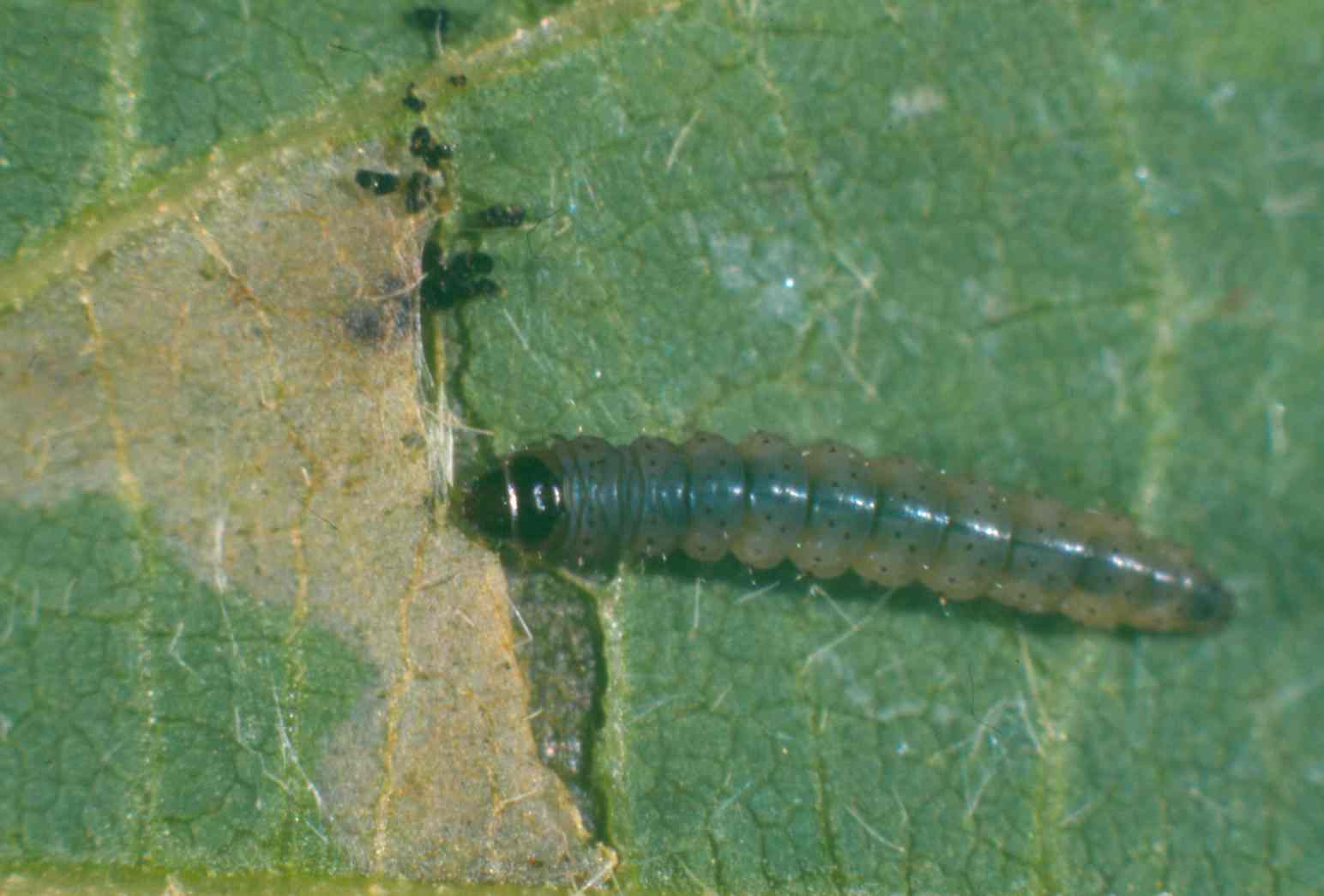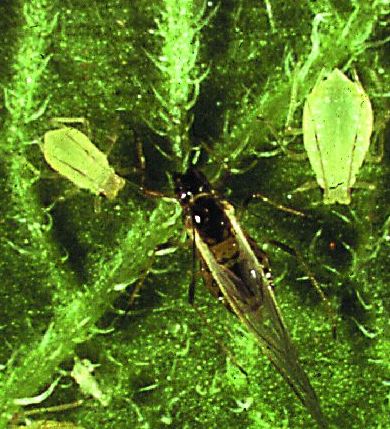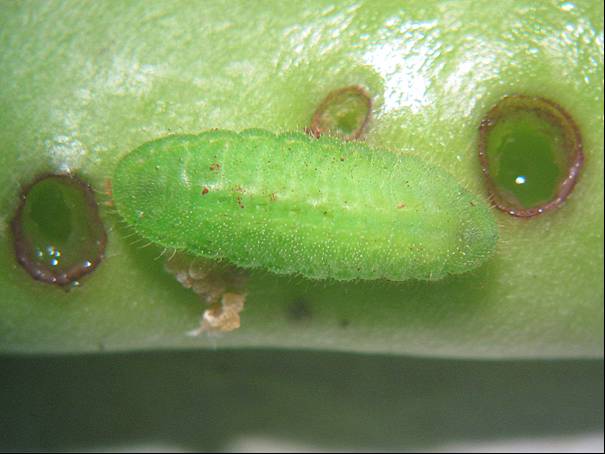Where there is a history of soil insect damage resulting in poor crop establishment a pre-sowing inspection of the affected fields is warranted to determine the likely risk to the upcoming summer crop. Grain baits are an effective way of monitoring for soil-dwelling insect pests of summer crops, and is preferable to sampling with a shovel, which is both time… Read more »
Helicoverpa pheromone trap catches to 18 September 2015 This information is updated weekly on Fridays and/or the following Monday. Where the data for the current week is not yet available, click on the location marker to see data from previous weeks. The Northern region pheromone trap network is part of a national network of traps being run in 2015, funded… Read more »
Helicoverpa armigera active now. This spring a number of agronomists have just started monitoring pheromone traps across the northern region, and the results from the past two weeks illustrate how useful pheromone traps can be. Over the past 1-2 weeks, the traps are catching relatively high numbers of Helicoverpa armigera, and low catches of H. punctigera. In September it is generally assumed that… Read more »
Background A new leaf-mining fly, the vegetable leafminer (Liriomyza sativae), has recently been found at Seisia on the western side of the top of Cape York, Queensland. Originally from the Americas, since the 1980s this pest has spread westwards across the Pacific into Asia and has been island hopping across Torres Strait since 2008. Any suspected sightings of the pest should be… Read more »
There is an understandable level of concern about how best to manage etiella (Etiella behrii) in summer mungbean crops following the unexpectedly high etiella infestations (and corresponding seed damage and contamination) in spring mungbean crops on the Downs and in Central Queensland and North Western New South Wales. Responding to the etiella threat without reacting prematurely and creating more pest… Read more »
Locusts and grasshoppers are active across large areas of western Queensland and NSW and central Queensland. Reports of the Australian Plague Locust, Migratory Locusts, Yellow winged locust and spur-throated locust have been received from areas around St George to the Central Highlands during January and early February. It has been several years since we have seen such high locust and grasshopper… Read more »
Significant soybean moth activity has recently been reported in some Burdekin soybean crops. Soybean moth is a generally a minor soybean pest but significant outbreaks have been reported periodically in all soybean growing regions. Feeding damage Larvae feed mostly within the leaves, making distinctive pale leaf mines, and often distorting leaves. Soybean moth is present in low numbers in most… Read more »
Lucerne crown borer (Zygrita diva) (LCB) is causing severe damage in a number of soybean crops in the Bundaberg region of SE Qld, and on the North Coast region of NSW. In some cases up to 75% of plants are infested and early plant death is evident. Damage seems to be worse in the early (November-planted) crops which were sown… Read more »
In the autumn and early winter of 2014, large areas of canola in South Australia, Victoria and southern NSW were heavily infested with green peach aphid (GPA), and many of the infested crops tested positive for beet western yellows virus (BWYV). GRDC TV has compiled a series of three videos that discuss what factors contributed to the GPA outbreak, and… Read more »
The larvae of the grass blue butterfly (Zizina labradus) are normally minor leaf feeding pests, although they can be damaging in seedling crops where they attack terminals and axillary buds. Soybeans are their favoured summer pulse host, but they can also attack other pulses including navy beans.

